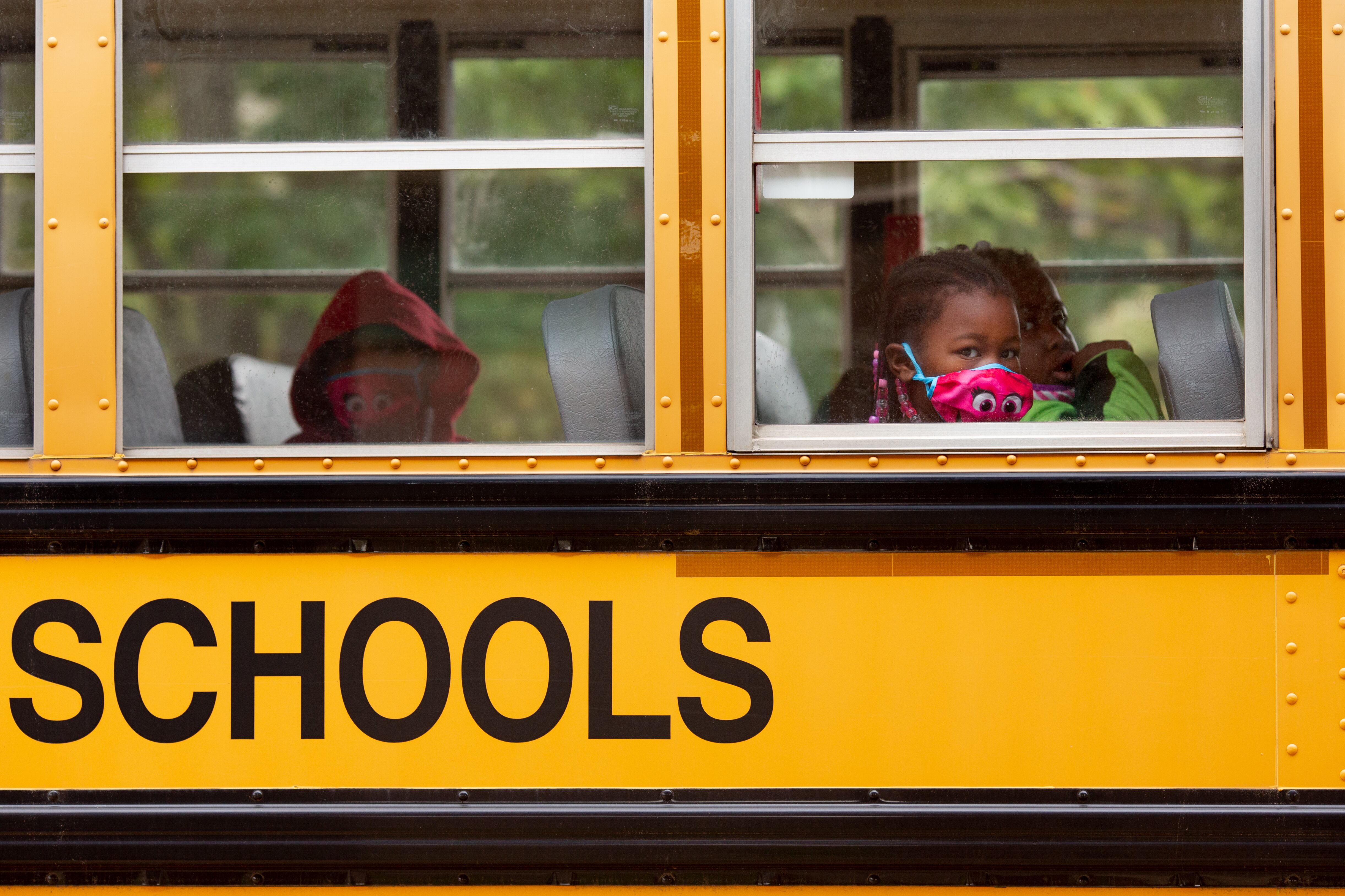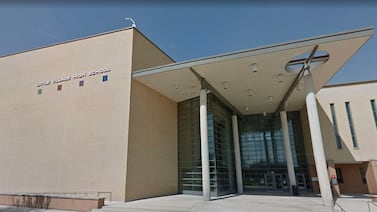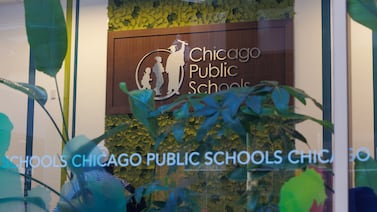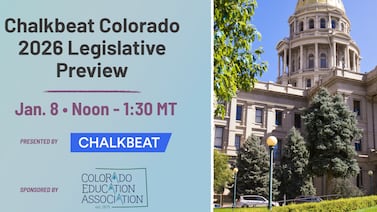Chicago could rethink its reliance on yellow school buses next year after a fall plagued by school bus driver shortages left thousands of students without a dependable ride to school.
The district’s CEO, Pedro Martinez, told the school board Wednesday that he is looking ahead to next fall and weighing whether alternative modes of transporting students should play a larger role. For example, he said, some families currently receiving $500 monthly stipends to line up their own transportation for their children might like to continue that arrangement next year. Officials said 710 families have opted to receive that stipend.
Amid national driver shortages that have bedeviled school districts, Chicago is also teaming up with taxi firms and a company called RideAlong, which specializes in providing rides to children.
“I am not sure if for next year having yellow buses should be the exclusive mode of transporting students,” Martinez said. “Our old way of thinking might be too restrictive.”
The district has made limited headway chipping away at the number of students without reliable rides to school since it last updated the school board on the issue last month. That number is about 3,260 students now — including 1,877 children with disabilities — compared with about 3,800 in October.
Chicago officials said abrupt resignations and high turnover remain an issue for the district’s vendors. They said they are “leaving no stone unturned” to find creative solutions to these challenges so students can get to school, with a priority on providing rides to students with disabilities. But late pickups and dropoffs, last-minute cancelations, and lack of service have remained an issue well into the school year.
The district offered stipends for families who are able to take over transporting their children at the start of the school year, though some parents and school leaders have said it took too long to get the money into the hands of families.
Officials also said 50 students who were not coming to school because of the transportation hurdles have all since gotten rides.
Several dozen RideAlong drivers are slated to start stepping in next week pending background checks in a deal that CEO Pedro Martinez has called a “game changer.”
The district provides transportation to about 16,000 students. This fall, more than 13,100 are getting the service.






